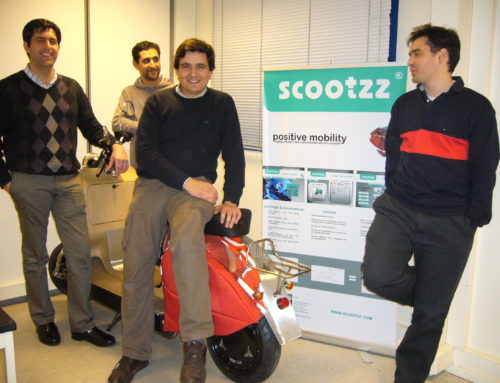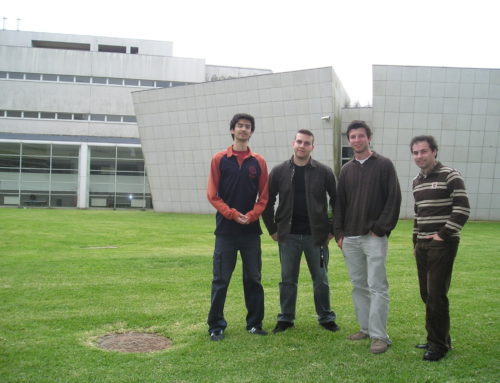The results of the last Global Entrepreneurship Monitor (2004) indicate that Portugal has relatively open markets and it is reasonably endowed in physical infrastructures. However, among its greatest limitations, GEM highlights the insufficient entrepreneurial education and ineffective teaching methods in entrepreneurial area. In this context, more in depth studies focusing the ‘recipients’ of the entrepreneurial education might be worthwhile for establishing the basis for proposing more efficient and effective policies in this field.
The present thesis studies the entrepreneurial potential of final-year university students of the largest Portuguese University – Universidade do Porto (U.Porto) -, evaluating their underlying determinants (personal and contextual). In particular, it is investigated whether entrepreneurial propensity differs according to the areas of study – economics, engineering, sports, …. Based on primary information, gathered through direct (63%) and on-line survey (37%) (with a response rate of 55.6%), targeting final-year students of all the courses of U.Porto (4361 students), we conclude that by international standards students’ (average) entrepreneurial propensity is reasonably high (26.5%). Moreover, it differs significantly between the several areas of study. At the forefront, and quite surprisingly, one has ‘Agricultural and natural resources’ and ‘Humanities related studies’, with 34% of the students desiring to be entrepreneurs after ending their studies. Areas that traditionally are focused by the literature on entrepreneurial issues – economics, management and technologies – evidence quite low entrepreneurial propensities (23%). Regarding to entrepreneurial propensity determinants, it was concluded, based on a logit econometric model, that psychological factors – risk, leadership, and creativity – were the most important in explaining students’ entrepreneurial propensity, whereas contextual factors (family and professional background) fail to be significant. Finally, students recognized that their academic background was not sufficient for enabling them to develop their own ideas and to set up their own business. Therefore, the study points for the need to reinforce the postgraduate training focused on entrepreneurship in order to facilitate the emergence of the latent entrepreneurial spirit among university students.
Summary of the MScc Dissertation presented by André Rosário (MIETE0507) under the Supervision of Prof. Aurora Teixeira (FEP)




